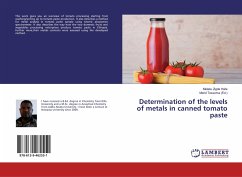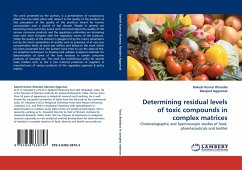Lead is one of the heavy metals that have been associated with a number of health hazards with such effects as abdominal pains, constipation and loss of appetite, nausea, vomiting, insomnia, headache, irritability, dizziness and lead encephalopathy.In this publication the environmental factors responsible for the elevation of human blood lead levels have been identified: They include smoking, traveling, use of glazed ceramics, working or living near industries using lead, and residing near busy highways. On the other hand feeding on rich calcium, zinc, and phosphorus diets have been shown to mitigate the lead levels in human blood. The following foods therefore, were found to lower the lead levels in human blood; groundnuts, beef, beans, milk, sorghum, millet,and eggs.The metal levels were determined using Atomic Absorption Spectroscopy and Differential Pulse Anodic Stripping Voltametry while UV- Visible Spectroscopy was used to determine the level of phosphorus in the human blood The publication is useful to environmental scientists, nutritionists and other stakeholders in pollution mitigation.
Bitte wählen Sie Ihr Anliegen aus.
Rechnungen
Retourenschein anfordern
Bestellstatus
Storno








